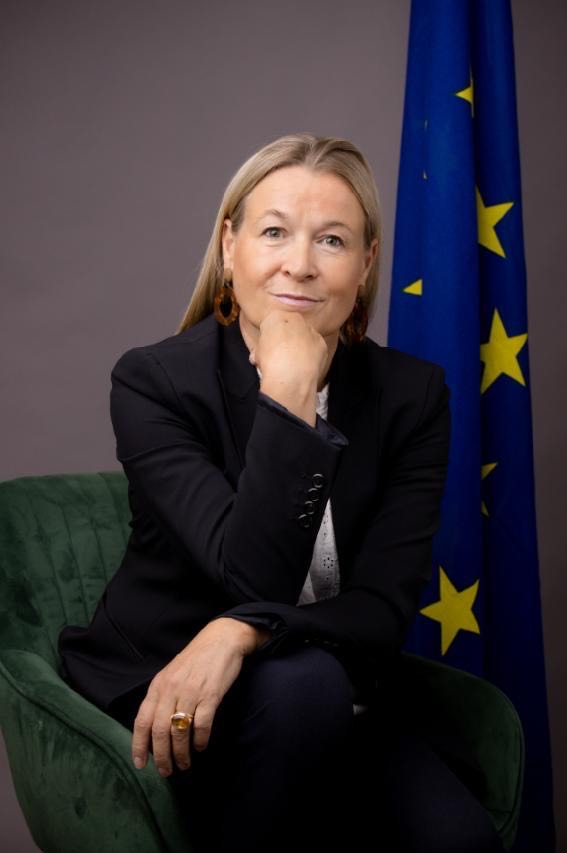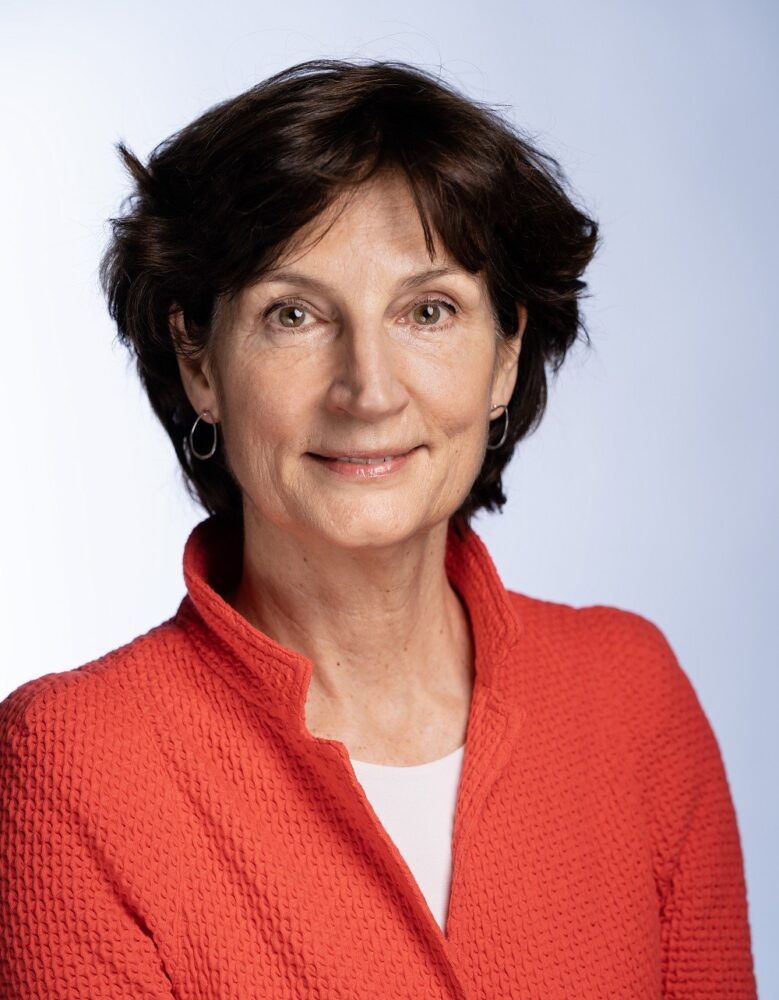Lithuania’s Rasa Jankauskaite
This Heritage Month, we asked ambassadors and high commissioners to share their perspectives on what makes South Africa unique. Their reflections highlight how the country’s heritage resonates far beyond its borders, creating a sense of connection among the global diplomatic community.
European Union: Sandra Kramer
 The European Union’s Sandra Kramer
The European Union’s Sandra Kramer
Beyond its landscapes, South Africa’s greatest strength is its people. Much like the European Union, this is a society that thrives on being multi-ethnic, multi-cultural and multi-lingual, a true expression of unity in diversity.
The past is never forgotten here, and I believe that is why the future looks promising. South Africans have shown remarkable ability to reconcile history with hope, ensuring that no one is left behind.
The cultural traditions are endless. Every new place brings something different, from art and dance to cuisine. I enjoy them all, and I must admit I never say no to a braai.
What unites South Africans is a strong national identity, built on democracy, equality and human rights. These are the same values that bind Europe, which is why our partnership with South Africa feels so natural.
Everyday life here is marked by friendliness and warmth. South Africans embody ubuntu, which, according to a study, makes them the friendliest nation on earth. In my own experience, that is absolutely true.
Malaysia: Yap Wei Sin
What struck me most is the Cape Malay community, whose presence here dates back to the mid-17th century. Their traditions, from religion to cuisine, mirror those of Malaysia, and I am fascinated by how dishes like bobotie, bredie and koeksisters trace their roots back to the Malay world.
Standing at the Cradle of Humankind, you are reminded of our shared origins, while Robben Island tells a story of resilience, forgiveness and hope. Together, they speak of a nation shaped by struggle but full of promise.
Heritage in South Africa is lived daily in dances, communal braais and the music that brings people together. It mirrors Malaysia’s own rich mix of traditions and shows how diversity can foster unity and respect.
Above all, ubuntu is what unites South Africans. It echoes Malaysia’s value of Muhibbah, which means harmony in diversity. Both remind us that compassion and solidarity are the heart of community.
What feels most special to me, though, are the greetings. People ask, “How are you?” and wait for the answer. That simple exchange reflects a culture of care, making every interaction feel deeply human.
Lithuania: Rasa Jankauskaite
What I find most unique here is ubuntu, lived out in greetings, shared meals, music and dance. The diversity of languages and cultures builds connection instead of division. Coming from Lithuania, a singing nation, I admire the way South Africans sing and dance even at formal occasions.
Sites such as Robben Island and the Cradle of Humankind embody both pain and wonder. They remind me of resilience and transformation, much like Lithuania’s own path to democracy after breaking free from Soviet oppression.
Heritage Month holds special meaning for me, because my mission in South Africa began in September. From beadwork to jazz, gospel and traditional foods like pap and chakalaka, I continue to be moved by the richness of this culture.
Ubuntu, the belief that “I am because we are”, is the quality that most unites South Africans. It is also present in everyday encounters — a smile from a stranger, a helping hand at the market, a moment of shared laughter on the street. These small gestures carry meaning and make South Africa unforgettable.
The Netherlands: Joanne Doornewaard
 The Netherlands’ Joanne Doornewaard
The Netherlands’ Joanne Doornewaard
For me, it is impossible to choose just one aspect of South Africa’s culture. It is the diversity itself that is most compelling. The idea of being united in diversity, enshrined in your Constitution, is something the world can learn from.
South Africa’s respect for elders and history is deeply moving. As a Dutch person, I cannot ignore our nation’s role in both supporting the anti-apartheid struggle and participating in colonial injustices. A meaningful future depends on facing this past together.
Music has left the strongest impression on me. I grew up listening to Hugh Masekela and Miriam Makeba. Their voices are, for me, the sound of South Africa.
What unites South Africans is the joy of dance and song. At every gathering, whether large or small, people take time to sing and move together, which is a symbol of connection.
And then there is the friendliness. Greetings here go beyond a simple hello, with genuine interest in how the other person is doing. This everyday kindness is what makes South Africa so special.
Paraguay: Juan Ignacio Livieres Ocampos
South Africa’s 12 official languages tell a powerful story. They are not just tools of communication but symbols of resilience and identity. Coming from Paraguay, where language also carries deep cultural meaning, I find this especially compelling.
Heritage sites here represent two legacies: the political, through Robben Island, and the primordial, through the Cradle of Humankind. Together, they show that the past is both complex and foundational. Like Paraguay after the devastation of the War of the Triple Alliance, South Africa demonstrates how a nation can rebuild with strength and dignity.
I am especially moved by oral traditions, drumming and storytelling. These are not performances but lived memories, preserving truths that history books cannot fully capture.
The quality that unites South Africans is resilience, the ability to live with difference and embrace complexity rather than reduce it. This balance is one of the nation’s greatest strengths.
One of the most powerful everyday moments is the greeting, Sawubona, which means “I see you.” It carries respect, dignity, and recognition. It reminds me that heritage is not only in monuments but in daily human connection.
The voices of these diplomats remind us that South Africa’s heritage is not only a source of national pride but also a source of global admiration. Through music, food, traditions, resilience, and simple acts of kindness, South Africa continues to inspire and connect people from all over the world.